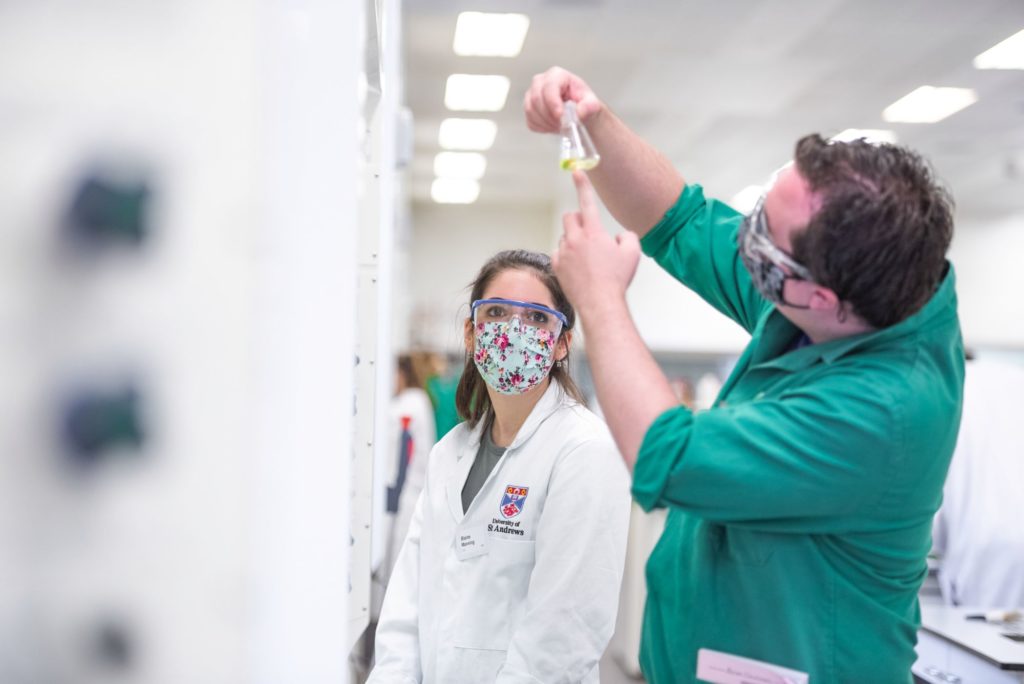Project Description
Globally, treatable antibiotic infections account for 5.7 million deaths annually. The majority of this mortality burden falls on the populations of least developed low- and middle-income countries (LMICS). This significantly outweighs the 700k deaths worldwide, currently attributed to antibiotic-resistant infections. In Africa, deaths attributed to bacterial lower respiratory infections account for nearly 10 per cent of all mortality (excluding TB). These headline figures underline the challenge faced by the health care systems in sub-Saharan Africa, where access to frontline antibiotics is hampered by:
- substandard administration and/or unregulated over-the-counter availability;
- weak supply chains resulting in chronic shortages; and
- poor quality generic API drugs and counterfeit drugs.
This project has sought to bring together partners to undertake a three-week intensive training period in fermentative production of antibiotics and bioactive discovery to improve health in Africa. This intensive course will provide training in these disciplines to implement sustainable solutions to an efficient and local well-stewarded antibiotic pipeline. Providing our ODA partners with the hands-on training to go alongside the instrumentation in place to establish equitable production of WHO Access antibiotics while addressing their dream for capacity building and training in discovering new antibiotics from their natural resources.
Project Outputs
The purpose of the short exchange visit is to provide core training in sustainable and equitable access to effective frontline semi-synthetic antibiotic compounds and to facilitate local capacity building in antibiotic discovery and characterisation. The outcome of this is to provide our ODA partners with key biotechnological training to enable follow-on discovery and implementation with the infrastructure supported by our EPSRC funding. This capacity building will create leverage for support and investment from biotechnology companies or pharmaceutical industries that have the expertise and financial resource to establish local production facilities in-country and/or develop new discoveries for clinical application, thereby reducing poverty through enhancing economic growth, employment opportunities and industrial development, striving to meet UN Sustainable Development goals.
Project Partners
- School of Chemistry, University of St Andrews
- National Institute for Medical Research, Tanzania
- Technical University of Mombasa, Kenya
- University of Nigeria, Nigeria
For more information please contact Principal Investigator, Gordon John Florence.

